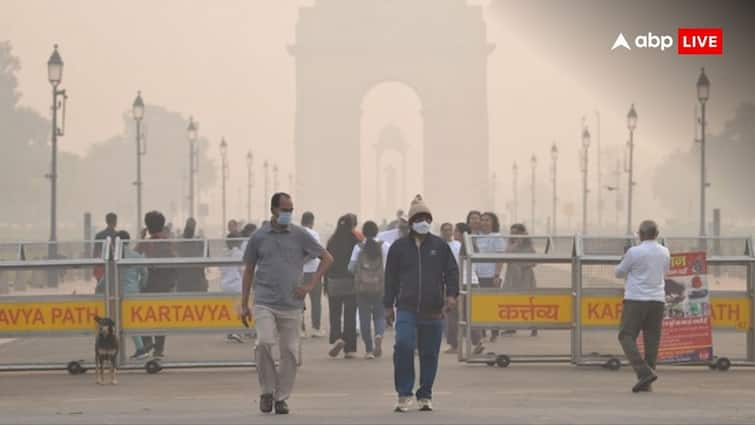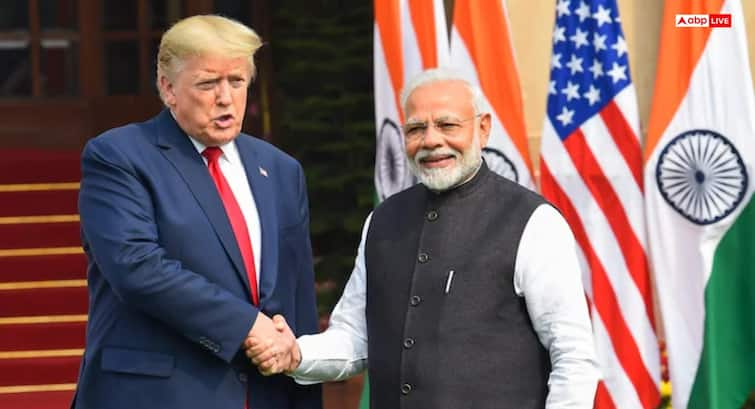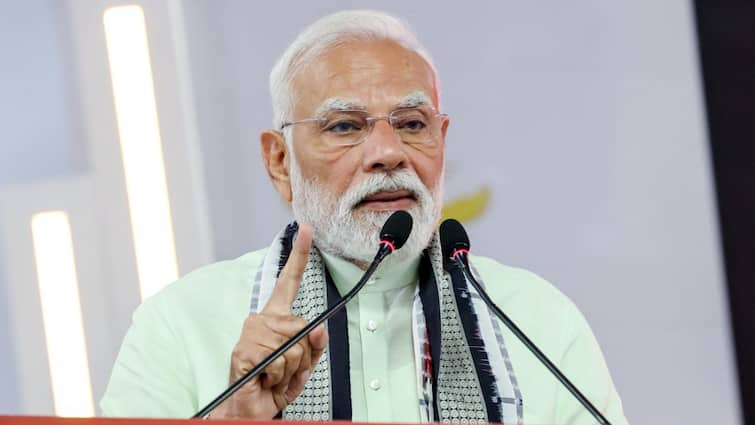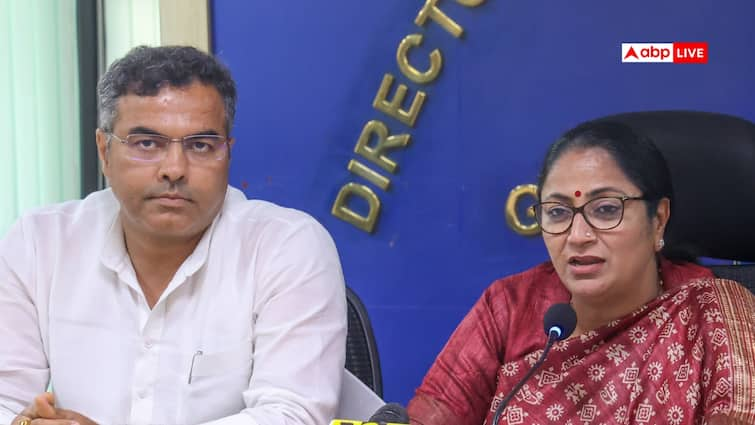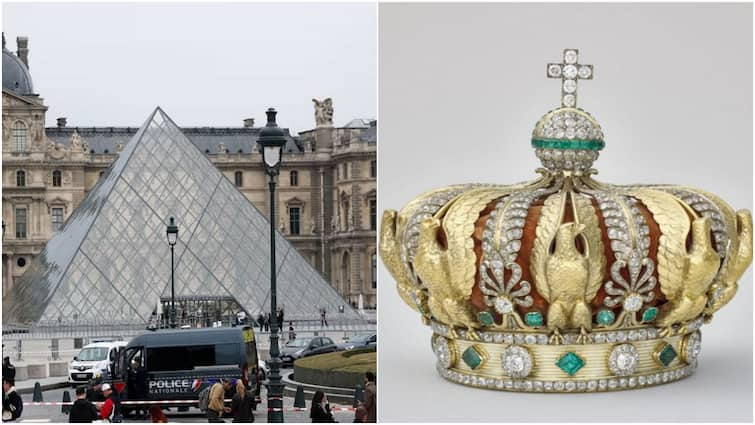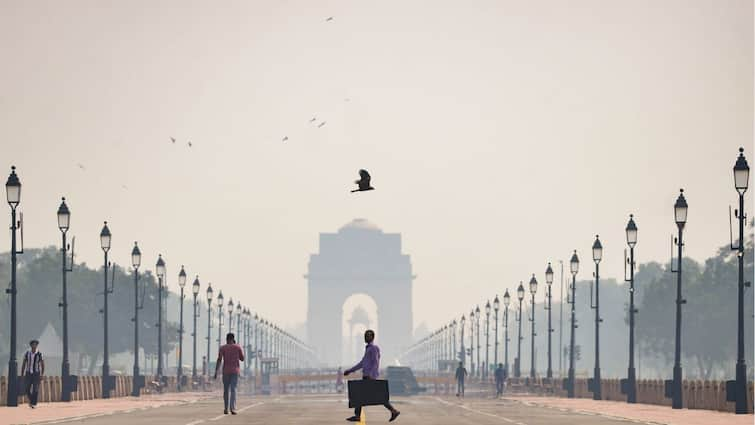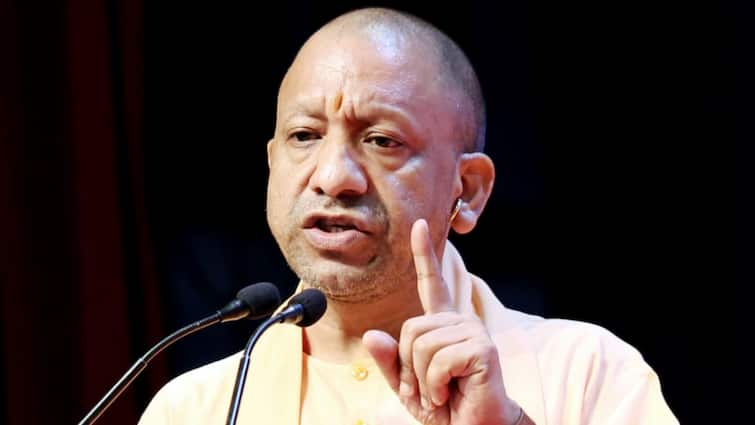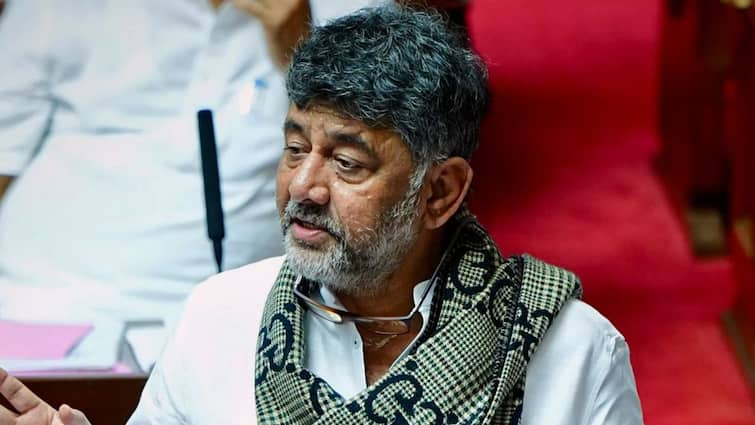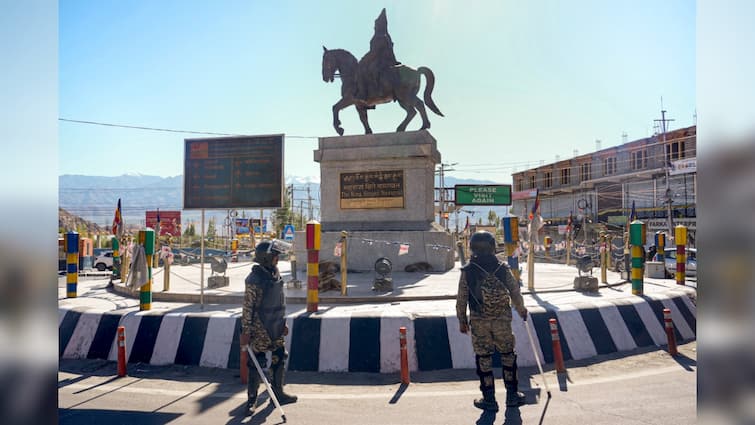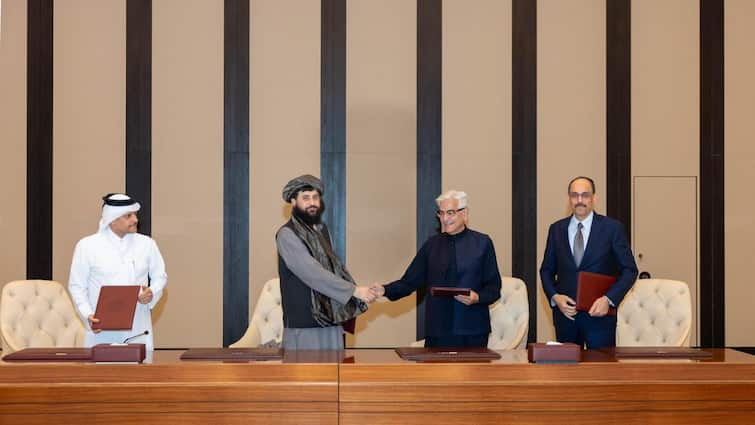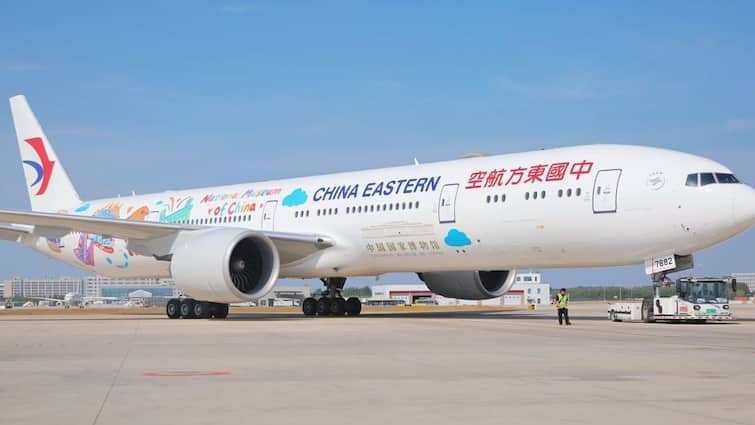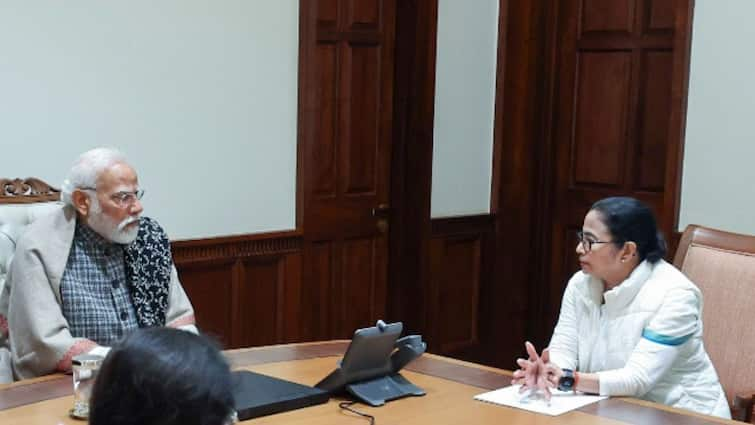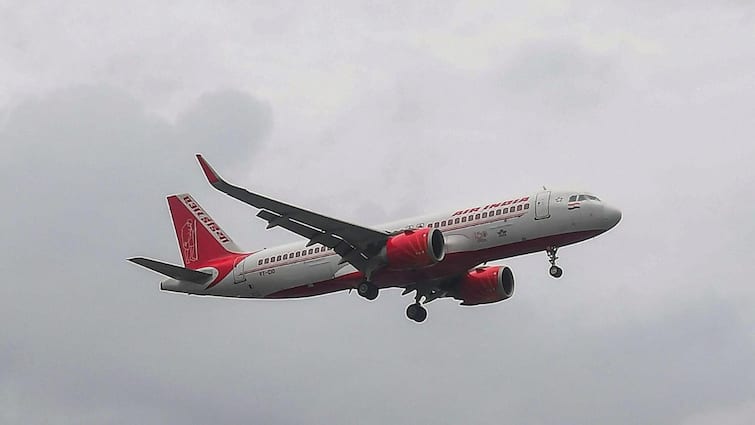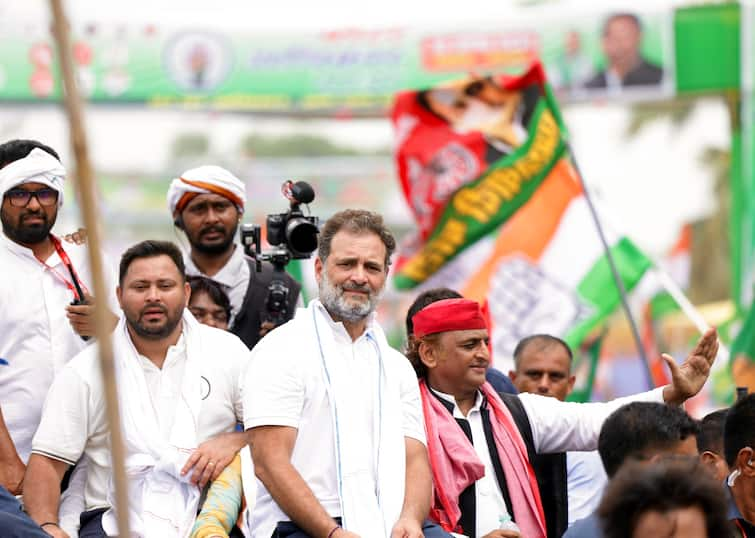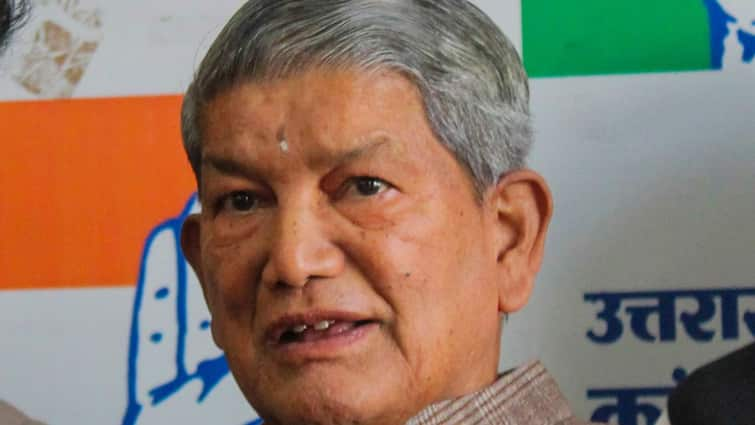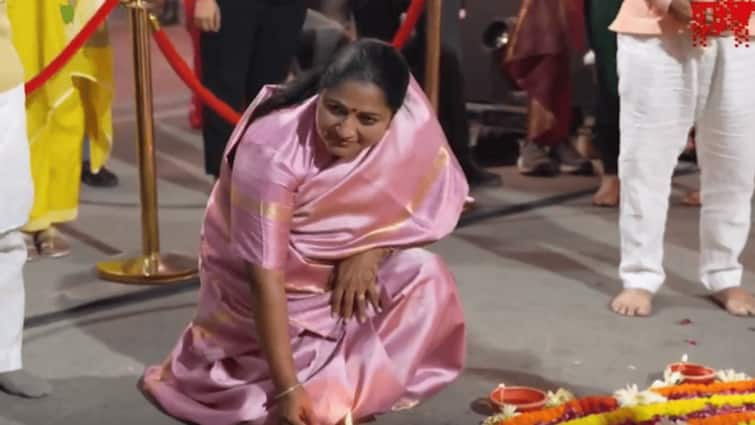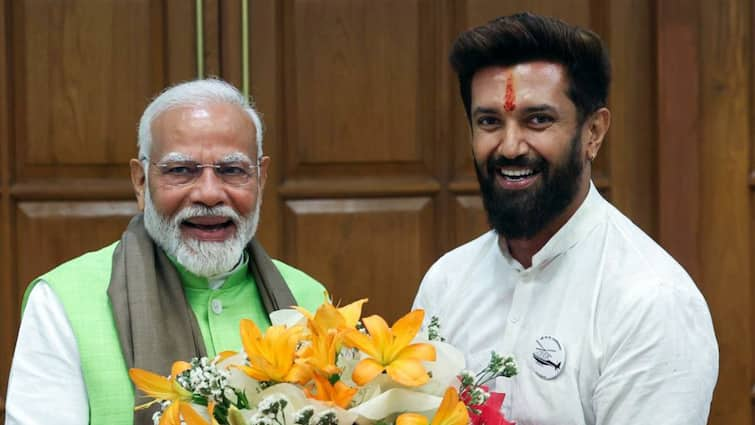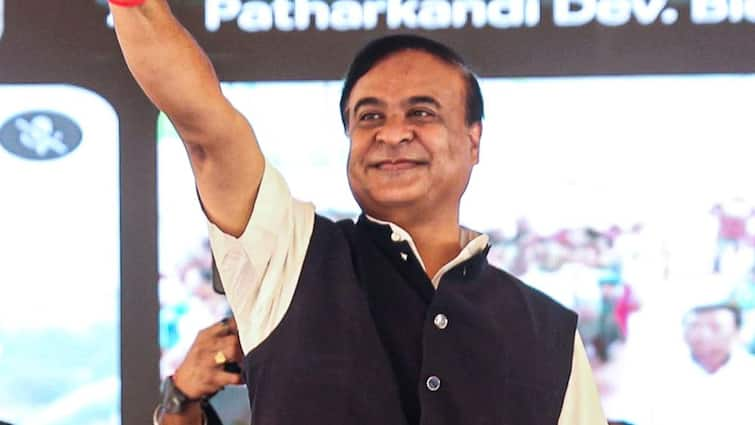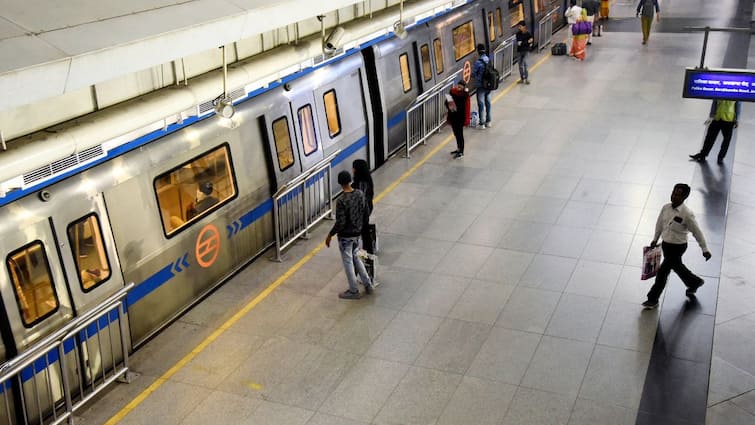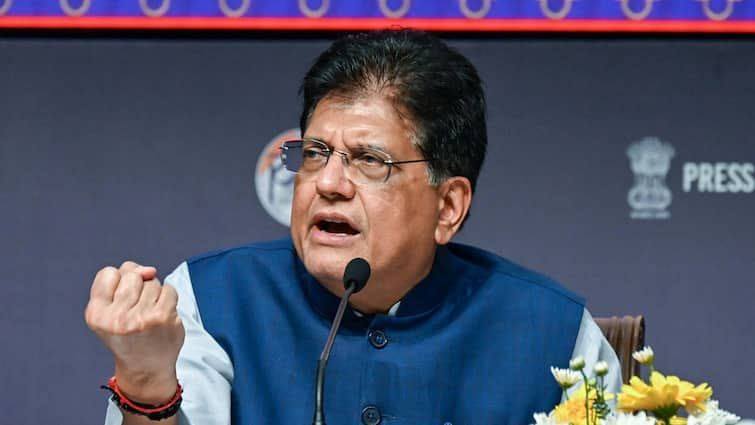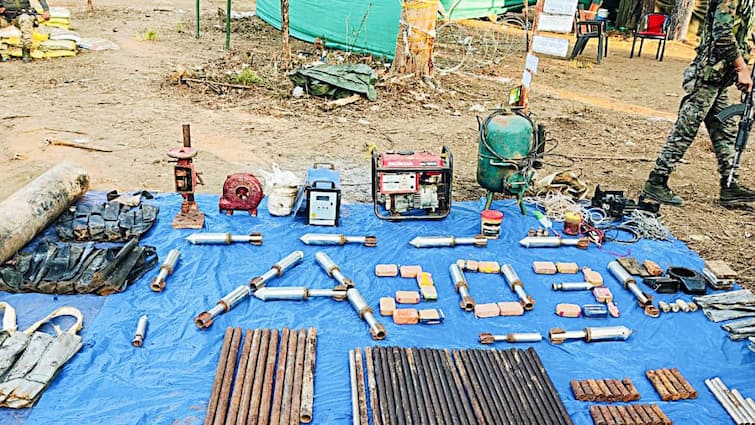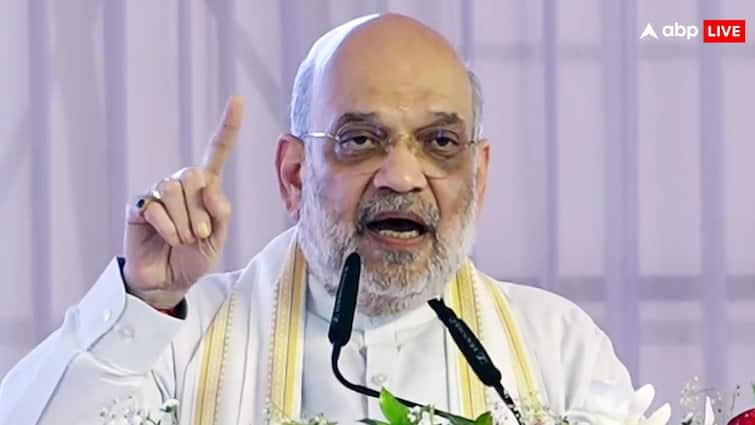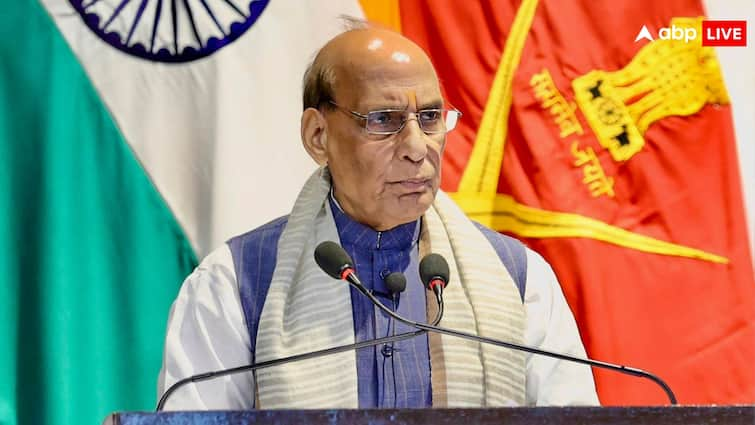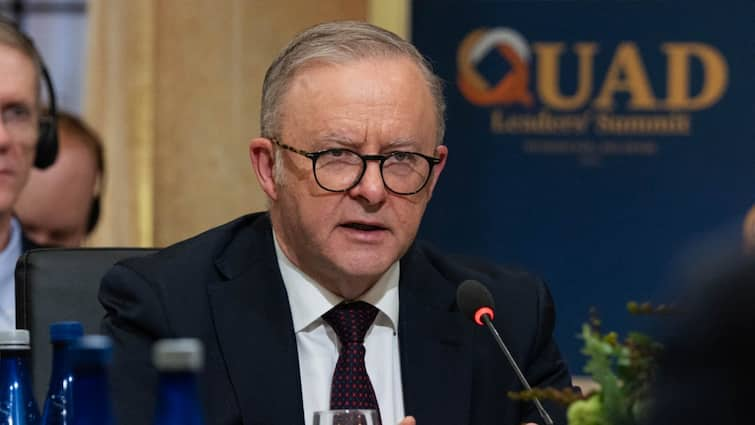
Australian Prime Minister Anthony Albanese has led the centre-left Labor Party to a historic electoral victory, becoming the first Australian leader in 21 years to win a second consecutive three-year term. According to projections by the Australian Electoral Commission (AEC), the Labor Party secured 70 seats while the conservative opposition coalition won just 24 in the 150-seat House of Representatives. Unaligned minor parties and independent candidates are expected to claim 13 seats.
“Today the Australian people have voted for Australian values. For fairness, aspiration and opportunity for all,” Labor leader Albanese remarked in his victory speech, as per news agency AFP. “In this time of global uncertainty, Australians have chosen optimism and determination,” he added.
Opposition leader Peter Dutton conceded defeat on Saturday evening. “We didn’t do well enough during this campaign, that much is obvious tonight, and I accept full responsibility for that,” he said, as per news agency AP. “Earlier on, I called the prime minister to congratulate him on his success tonight. It’s an historic occasion for the Labor Party and we recognise that.”
Dutton, a former police officer, also lost his Dickson seat after 24 years, having won it continuously since 2001.
Election analyst Antony Green of the Australian Broadcasting Corporation (ABC) forecast that Labor would ultimately clinch 76 seats, the coalition 36, and unaligned lawmakers 13. Green noted that Labor would either form a majority or a minority government, while the opposition lacked any path to form even a minority government.
Meanwhile, Prime Minister Narendra Modi took to social media and congratulated his Australian counterpart. “Congratulations @AlboMP on your resounding victory and re-election as Prime Minister of Australia! This emphatic mandate indicates the enduring faith of the Australian people in your leadership. I look forward to working together to further deepen the India-Australia Comprehensive Strategic Partnership and advance our shared vision for peace, stability and prosperity in the Indo-Pacific,” he wrote.
Congratulations @AlboMP on your resounding victory and re-election as Prime Minister of Australia! This emphatic mandate indicates the enduring faith of the Australian people in your leadership. I look forward to working together to further deepen the India-Australia…
— Narendra Modi (@narendramodi) May 3, 2025
Concerns Over Energy Policy And Inflation Dominated Australian Election Campaign
The campaign was dominated by concerns over energy policy and inflation, with both major parties acknowledging the country is in the midst of a cost of living crisis. Foodbank Australia, the nation’s largest food relief charity, reported that 3.4 million households out of a population of 27 million faced food insecurity last year. Many Australians have reportedly skipped meals, reduced food intake, or worried about running out of food, AP reported.
In February, the central bank reduced its benchmark cash interest rate by a quarter of a percentage point to 4.1%, signalling that the worst of the financial pressure may have passed. Another rate cut is anticipated during the Reserve Bank’s next meeting on 20 May to encourage investment amid ongoing global economic uncertainty attributed to US President Donald Trump’s tariff policies, as per AP’s report.
Dutton’s Liberal Party has blamed government overspending for rising inflation and interest rates, pledging to cut more than 20% of public service jobs to curb expenditure. Although both parties agree on reaching net-zero greenhouse gas emissions by 2050, Dutton advocated for expanding nuclear energy instead of relying heavily on solar and wind, arguing that it would deliver more affordable electricity.
Labor dismissed this stance, accusing the opposition of emulating American-style governance. The ruling party dubbed Dutton “DOGE-y Dutton” and criticised his approach, saying it mimicked “Donald Trump and his Department of Government Efficiency.” According to AP, Albanese remarked, “We’ve seen the attempt to run American-style politics here of division and pitting Australians against each other and I think that’s not the Australian way.”
Albanese also highlighted his government’s success in mending diplomatic ties with China, which led to the removal of a series of official and unofficial trade barriers that had cost Australian exporters AU$20 billion (approximately US$13 billion) annually since Labor assumed power in 2022.
Demographic shifts also played a key role in this election, as younger voters outnumbered Baby Boomers for the first time in Australian electoral history. Both parties promised initiatives to assist first-time homebuyers in entering the increasingly unaffordable property market, the report stated.
With parliamentary redistributions reducing the number of seats from 151 to 150, Labor entered the election holding 78 seats. A loss of more than two seats could compel the party to seek support from independent lawmakers to form a minority government. Australia has had only two minority governments in recent decades — one after the 2010 election and the other during World War II. The 2010 deadlock took 17 days to resolve before independents declared support for Labor.
Doonited Affiliated: Syndicate News Hunt
This report has been published as part of an auto-generated syndicated wire feed. Except for the headline, the content has not been modified or edited by Doonited







